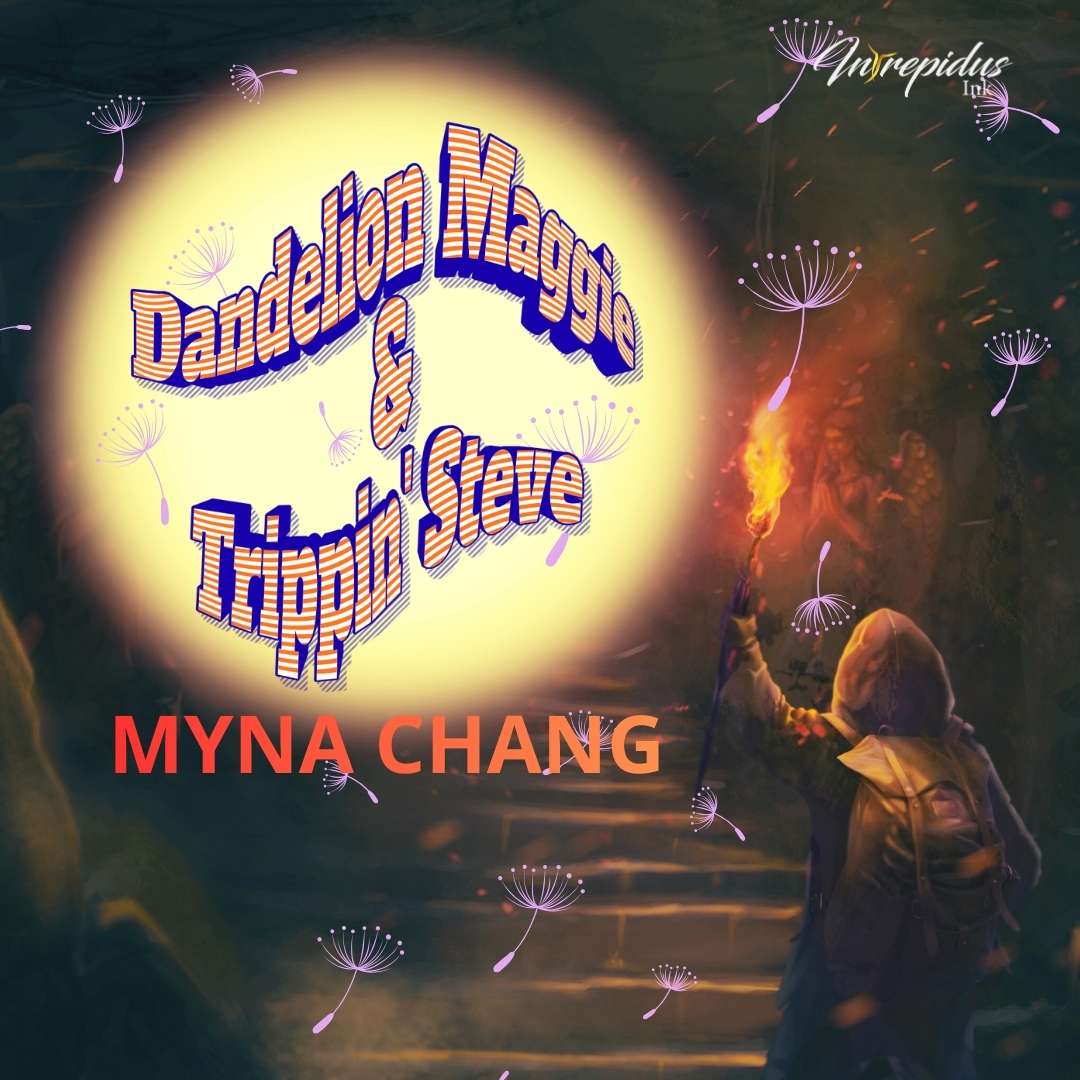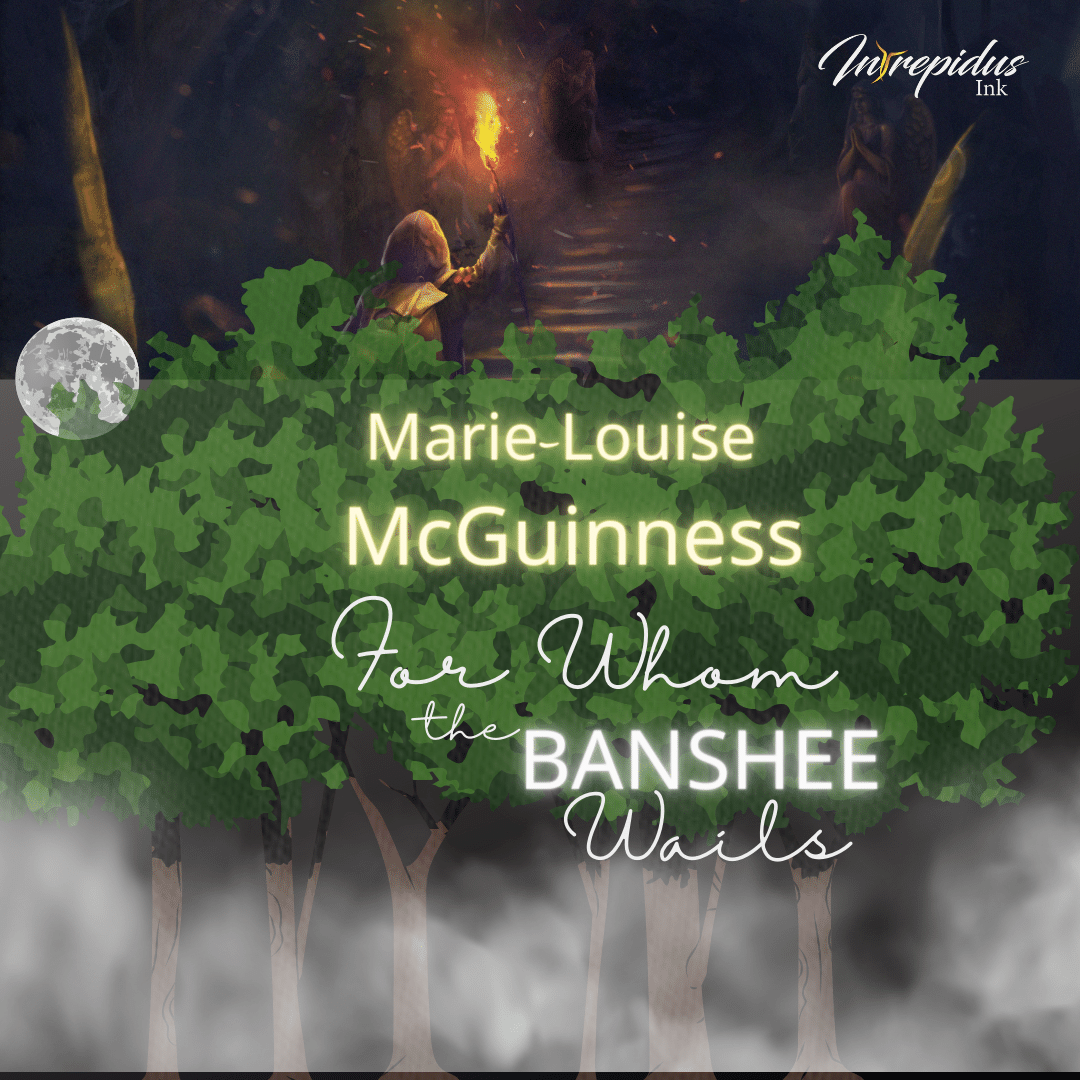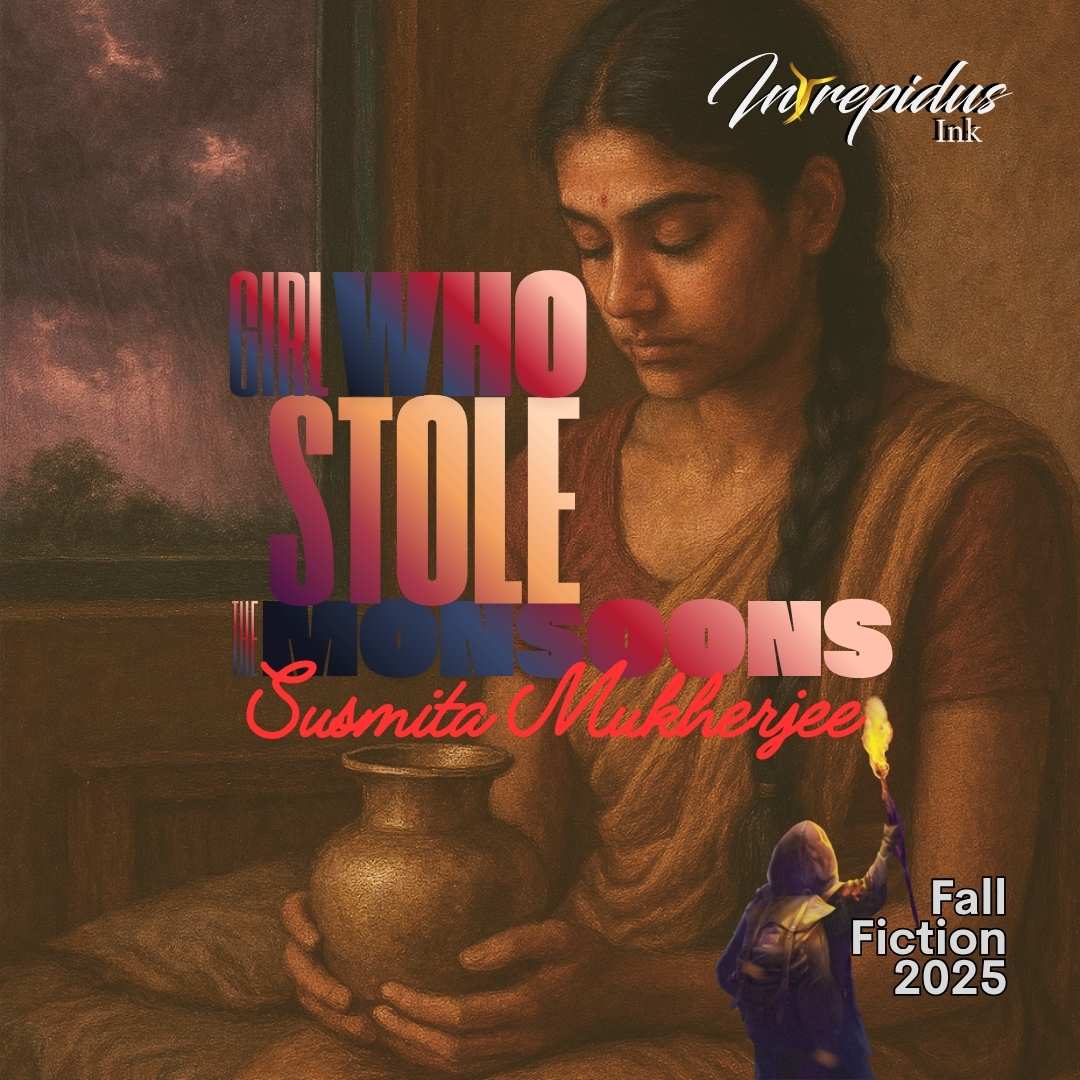

Literary Speculative Fiction
S
he seemed to sit on the moon. A waning gibbous, her dress draped over the edge. Although far away, I could see the red of her eyes, crusted and tight from crying, and her mouth gaping a hole of perpetual wail. I bowed to her warning, for I’d been expecting her.
Death had stalked our lands for years; first, with the failed harvest that withered our flesh, and now with the advance of evil men. Devils in soft, mended coats, they drew pleasure from beating the frail, sticks clasped tight in their well-fed hands.
When news of their approach rustled up through the hawthorn, I knew it was time to go.
I was prepared. I’d buried scavenged potatoes three feet deep in river-cooled soil and plucked blackberries from sparse bushes, smoking the soft fruit until darkened powder crisped from the juice.
I’d woven dried straw into coats. Pretty braids of yellow, brown and green, lightweight blankets for warmth and camouflage.
And I’d spent long afternoons teaching my children, in the guise of fun, to run and to climb, to hide and be brave. The Banshee may cry tonight, but her tears were not for us.
I issued a rallying cry to our neighbors, but they resolved to remain by the hearths stoked by their forebears, to sit static on stone floors stained rust from their births. They wanted to wait for God and his mercy.
Not I. Not us.
We set out before the sun rose, three of us, one large and two small; two on foot and one perched upon my back, spiderweb-fine arms grasping my neck, little feet resting on my jutting hip bones.
We crouched low as we traversed the expanse of barren fields, needle-eyed crows dipping over our heads. When I looked back from where we came, I saw smoke plumes climbing into the sky. I closed my eyes and said a prayer for our memories, then hitched up the child on my back, grasped the hand of her brother, and with a settling breath, strode on.
By the time the cloak of night had fallen, we’d reached the river, and I used the milk light of the moon to navigate the bank to a stone-signaled mound where our breakfast lay buried. I wrapped the children in their woven blankets and began to dig.
Indeterminate days and nights passed as we traveled onward–growing weaker and colder–our rations dwindling. With each setting sun, a sparking firework display of red and orange bloomed in the distance. Fire and blood or just fire or blood, from the ground, I couldn’t tell.
My children were fading, their eyes large within sunken cheeks, their lips stained blue from cold and exertion. I felt a heaviness within my chest, and each shallow breath rattled with pain.
I became consumed with doubt. Would it have been better to allow the men to take our home? To die swaddled in the flesh of neighbors rather than alone, cold, and far from home?
But, huddled to my chest, my children dripped trust through my rib-ridged skin and into scarlet depths, still pounding with life. I vowed to protect them, echoing the oath I’d made when, sticky and crying, I’d kissed them at birth.
Within a forest, we stopped; the canopy of lush leaves an umbrella of shelter. I foraged sprouting fungi and leaves, taking instruction from the deft-footed creatures who watched in distrust from soft-bouncing branches and behind gnarled tree roots.
My ragged fingers dug trenches for beds and lined them with leaves for comfort. We drank rain from roughly hewn twig pots that punched holes into skin as we gulped, and we widened our domain by playing hide and seek, exploring life within the fresh dark.
But, as a blue moon rose, the air seemed to shift, the atmosphere hardening to crystal around us. I reached out and grasped my children, and we joined the petrified scuttling of our woodland friends.
From high in a treetop, I kept watch through the night, ears pricked to the alien sound of footfall growing louder, soft earth giving way to the cracking of wood.
Soon they appeared, maybe six or eight of them. Some tall and some smaller, but they all seemed aged, weathered skin taut over sharpened features.
I recognized the dry-cream eyes dulled from desperation. Their wearied strides were low and devoid of hope. I called out in greeting, and the surprise caused them to cower, trembling hands shielding their bone-white faces.
We climbed down to them, spreading our arms wide in warm welcome. With instant trust, they each dropped to the ground, relief relaxing muscles that had stiffened to stone.
As they slept, I gathered food and water, and when they awoke, I shared the sustenance among them. Over time they recounted dark tales of their plight. They spoke of the infernos that swallowed their homes and deposited a haunting soundtrack of screams into their dreams. Harsh tears spilled in relentless memory of the weak, buried shallow on roadsides, their corpses too heavy to carry.
I shushed them and hugged them tight to my chest and poured my soul into their healing as I had my own children in the months before. With care, they drew taller and stronger, each finding their place in the community. The children regained the softness of youth, and giggles returned to their lips.
And as each sun fell, the sky became darker, and the silver pinprick stars shone brighter from the black velvet night. The orange, the red, and the smoke had gone, and we wondered if we should journey back to our homes. But, here in hospitable nature, our community was strong and aligned. We would not confront the ghosts of our past, for it could disturb the moon where the Banshee slept. The Banshee needed her peace.

Author Bio

Marie-Louise McGuinness comes from a wonderfully neurodiverse household in rural Northern Ireland. She has work published or forthcoming in Roi Faineant Press, Bending Genres, Flash Fiction Magazine, 101 Words, Cerasus Magazine and The Airgonaut amongst others. She enjoys writing from a sensory perspective. She’s on Twitter @mlmcguinness.


2 thoughts on “For Whom the Banshee Wails”
Great, fast paced story. Enjoyed reading
Gee the Irish write well, must be born in you. A sad and enlightening tale as id handed down through families. Brilliant
Comments are closed.